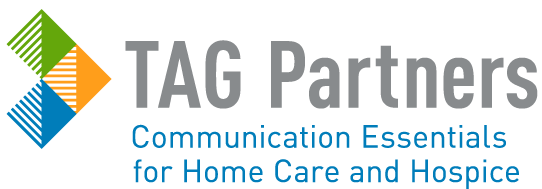Hearts are everywhere this time of year, including on all your collateral focusing on heart month. While you may be prepared for Valentine’s Day, National Wear Red Day, and even Congenital Heart Defect Awareness Week, you’re may be leaving out an important heart-related health observance that can help you market your office this February.
Feb. 11-17, 2018 is Cardiovascular Professionals Week. It’s a time to stop and shine a spotlight on the professionals who work tirelessly to keep hearts thumping and patients healthy. The theme of this year’s celebration is “Caring hearts healing hearts.”
Make a commitment to celebrating the cardiovascular professionals in your community this February. Here are some tips to help you get started.
- The job of cardiovascular professionals literally is to try to fix broken hearts every day. Create buttons with an image of a heart with an adhesive bandage announcing Cardiovascular Professionals Week. Distribute these to all the cardiovascular professionals you encounter, including physicians, nurses, rehabilitation specialists and more.
- Valentine’s Day is falls right in the middle of this important observance. Deliver clever Valentine’s Day cards with a healthcare theme to all your cardiovascular referral sources. Be memorable by using a cardiac themed message – maybe try something like “We’d never BYPASS a chance to tell you how much matter.” Don’t forget to include a small heart-shaped lollypop or other sweet treat.
- Write a post for your company blog about cardiovascular professionals and all the good they do for your community across the expansive discipline. Make sure to share the link via your social media profiles.
- Visit the Alliance of Cardiovascular Professionals’ web page for this observance. Find additional ideas there, including a planning guide.
- Get branded stress balls in the shape of a real human heart and distribute them to your physician referral sources for a low-cost promotional product they’ll hold onto for years. Call TAG Partners at 866-232-6477 for available options.
- While you’re in the room with these referral sources, make sure you show off your relevant Home Health Compare scores in a format that assures them you’re the best choice to care for their cardiovascular patients in need of home health care.


